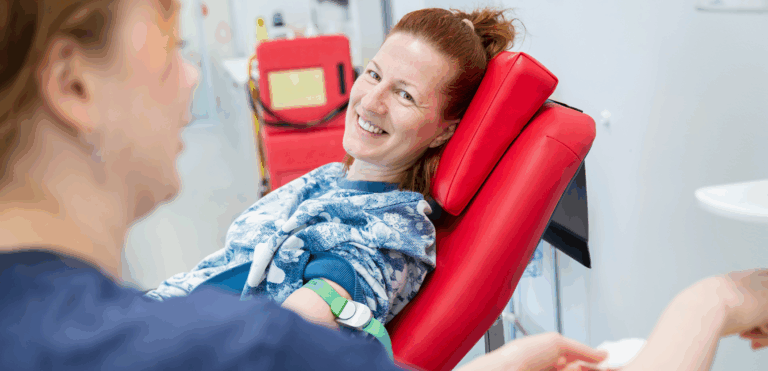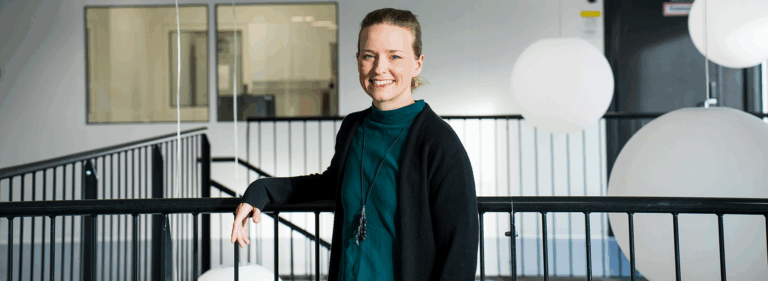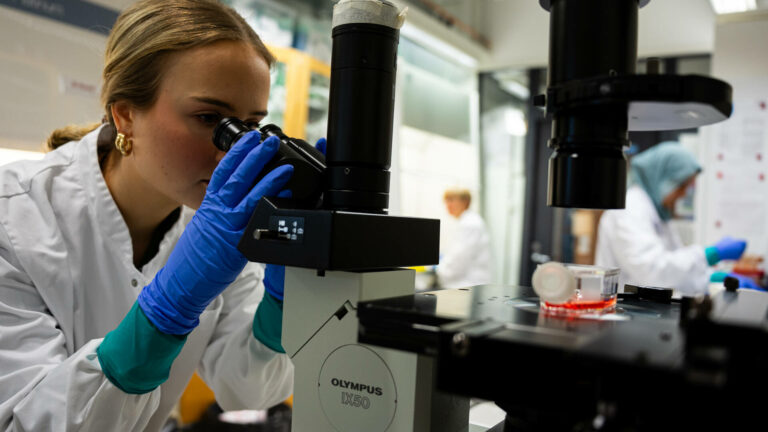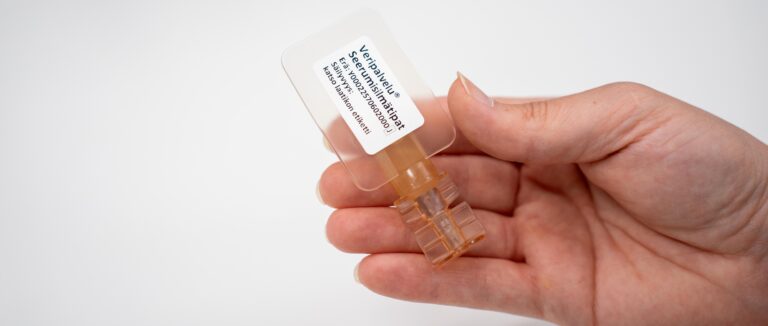Extracellular vesicles isolated from blood cells aids medical research
The product development team at the Finnish Red Cross Blood Service has developed a method to isolate extracellular vesicles (EV) generated by blood cells. Vesicles can be used to aid medical research such as in the diagnosis of diseases and work to develop future therapies.
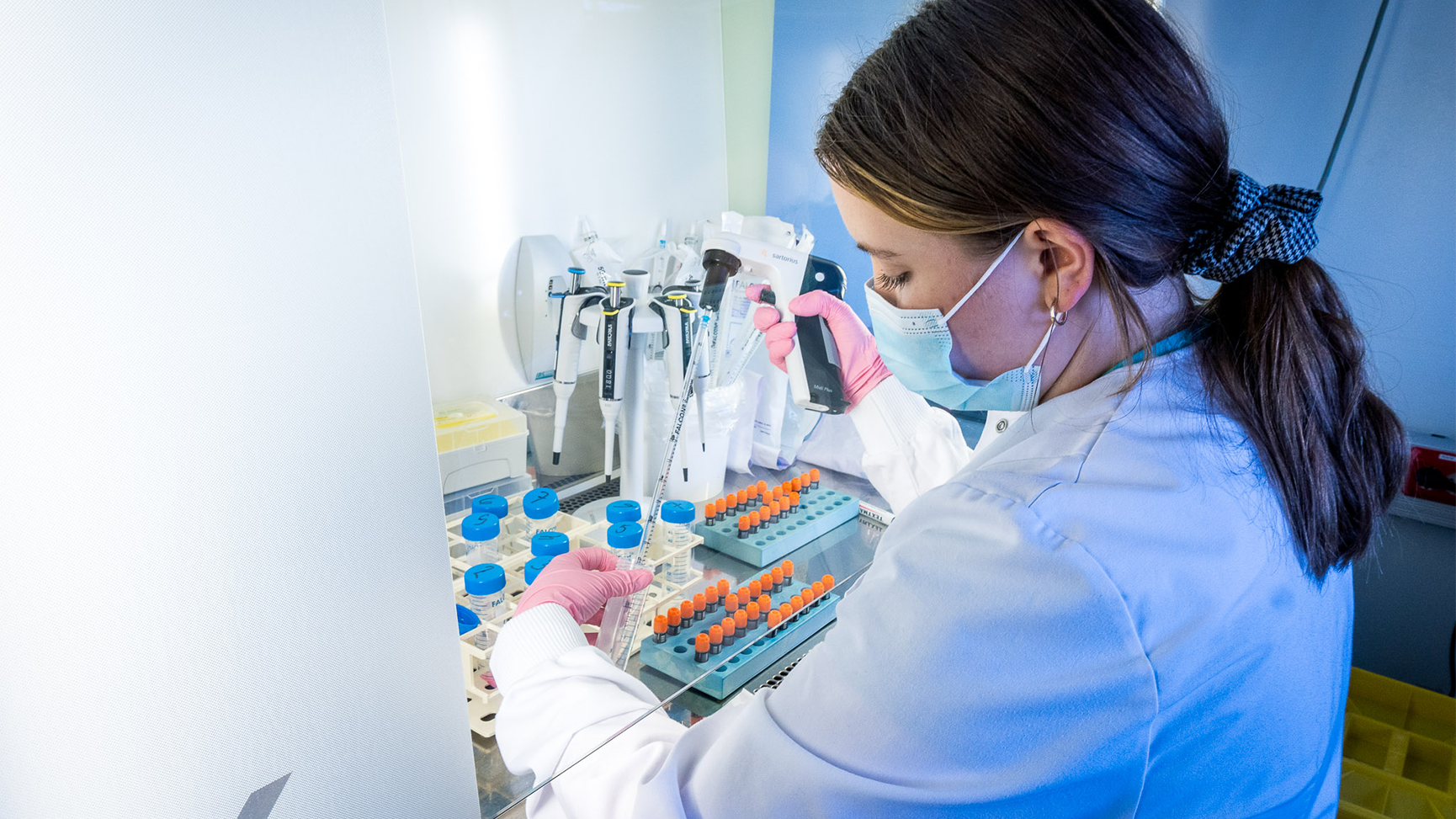
Vesicles are isolated from donated blood fractions that cannot be used in blood products. These cells are a surplus of the blood preparation process and remain in blood product bags during the intermediate phase of the process.
“We are now able to utilise something that otherwise would be left unnoticed. This means that blood donors are indirectly enabling scientific research and helping future patients,” says Saara Laitinen, Product Development Manager at the Blood Service. Laitinen is an internationally renowned pioneer in EV research.
Vesicles can be important in future therapies
Different types of blood cell produce and secrete their own specific vesicles that the cells use to interact with each other.
Researchers are looking at whether vesicles could act as indicators of common diseases, such as cancers, cardiovascular diseases, or neurological disorders, or support treatment for them. They could be used in future therapies or even as a targeted way to transport medicines to tissue in the body that is difficult for medicines to reach.
For years, the Finnish Red Cross Blood Service has collaborated with other research groups to study vesicles from blood cells.
“The most challenging aspect of the research was to develop a method of cleaning the vesicles without impairing their function. This method means that the vesicles can be further processed and reliably utilised in R&D activities,” says Saara Laitinen.
The vesicle product is distributed by HansaBioMed Life Sciences Ltd and the use of the product is restricted to bioscientific research purposes.
